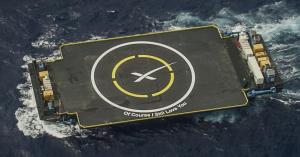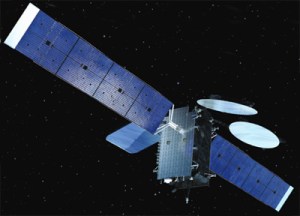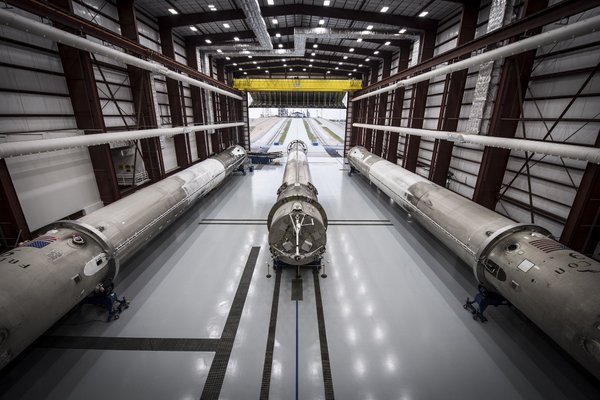Less than a month after their last successful mission, SpaceX is back at it. Falcon 9 is scheduled to launch from Cape Canaveral, Florida at 5:40pm EDT tomorrow with telecommunications satellite Thaicom 8 on board.
What’s truly notable is that tomorrow’s launch will be the fifth one for SpaceX this year, demonstrating an increased launch frequency compared to last year.
In 2015, SpaceX conducted a total of six successful Falcon 9 launches, putting their launch frequency at about one launch every other month. So far this year, they’ve doubled that frequency with nearly one launch per month.
In March, president of SpaceX, Gwynne Shotwell, stated that the company actually plans to launch a total of 18 times in 2016, which would triple the number of launches compared to 2015. She also said that they plan to increase that launch rate even further the following year, with 24 hopeful launches in 2017.

President and COO of SpaceX Gwynne Shotwell
The expected increase would be remarkable, considering there were only 82 recorded successful orbital launches in the entire world last year. This number was down from 2014, which saw 90 successful orbital launches — the highest number of annual launches in two decades.
With more Falcon 9 launches comes more rocket recovery attempts, and tomorrow’s mission will be no exception.
After the launch, SpaceX will make another attempted recovery of the first stage of their rocket on a drone ship out at sea.

SpaceX’s Of Course I Still Love You drone ship / Image Courtesy of SpaceX
A land-based recovery was ruled out for this mission because Thaicom 8 needs to be inserted into geostationary orbit (GEO: an altitude above 22,000 miles), which means the mission will require higher speeds and more fuel and it wouldn’t be able to navigate back to land.
Missions like these are precisely why SpaceX has worked to perfect their sea-based landings.
Launches to Low Earth Orbit, like SpaceX’s commercial resupply missions to the International Space Station (an altitude of about 250 miles), don’t require the rocket to move as quickly as a GEO mission, and are more likely to have sufficient fuel to navigate back to land.
If tomorrow’s recovery is successful, it will become the fourth recovered rocket for SpaceX and third recovered rocket on a drone ship. At least one of these rocket boosters will get another chance to fly in the next few months, according to Elon Musk.
Of course, the real goal of tomorrow’s mission is centered on Thaicom 8, a commercial communications satellite from Asian satellite operator, Thaicom. Once in orbit, the satellite will provide TV and Internet services to parts of India, Thailand and eastern Africa.

Illustration of Thaicom 8 satellite / Image courtesy of Orbital ATK
SpaceX had previously launched another satellite for Thaicom, the Thaicom 6 satellite, in January of 2014 on only their second mission to GEO.
Preparations for tomorrow’s launch are well underway. A static fire test was successfully completed on Tuesday in preparation for the mission. And according to Florida Today, there is a 90 percent chance of favorable launch condition weather during the two-hour launch window.
Assuming the launch goes accordingly, the next mission for Falcon 9 is scheduled for June 16, just three short weeks away.
2016 is set to be a telling year for SpaceX. The company has put a lot on their plate, including tripling the number of launches, reusing a recovered rocket booster for the first time and completing the maiden launch for Falcon Heavy (which has already experienced multiple delays).
Time will tell if they can meet these ambitious expectations they’ve placed on themselves.
No matter the outcome, SpaceX plans to bring the public along for the ride. Each major launch is now coupled with a relatively high-production value live stream, complete with co-hosts who walk viewers through each step of the mission.
Per usual, SpaceX will host a live stream for the launch of Thaicom 8. Viewers can watch the launch, set for 5:40pm EDT, and potentially another attempted rocket recovery on a drone ship.
